WASHINGTON/PORT-AU-PRINCE, HAITI: Panic spread though Haiti’s capital, Port-au-Prince, on Thursday as dozens of angry police took to the streets to protest the killing of their fellow officers by armed gangs.
Protesters, dressed in black T-shirts with the word “Police” written in white, attacked Prime Minister Ariel Henry’s residence earlier in the day, but it was unclear how much damage was done inside the gates. VOA Creole’s reporter at the residence heard multiple gunshots but could not determine whether anyone had been wounded or killed.
Demonstrators later headed to the international airport, where Henry was arriving from a trip to Argentina to attend a summit of the Community of Latin American and Caribbean States.
At the Toussaint Louverture International Airport, burning tires blocked the entrance. Inside, Henry had deplaned and was in the diplomatic lounge, preparing to deliver a speech, when the police protesters stormed the room. The prime minister’s security detail took him to safety, VOA’s reporter said.
Henry returned to his Port-au-Prince residence Thursday evening. VOA Creole called the prime minister’s residence, but no one answered. A police spokesman declined to comment.
Police protesters also burned tires at the gate of the National Police Central Command office and flew the Haitian flag at half-staff in honor of their fallen comrades.
Last week, the Vitel’Homme gang killed four police officers Petionville. On Wednesday, the Savien gang killed another seven police officers in the town of Liancourt.
As the events unfolded Thursday afternoon, a uniformed policeman who did not want to be identified told VOA that reforms were needed in the leadership of the police force.
“We sympathize with the protesters as well as the families of the fallen officers,” he said as he patrolled the Carrefour neighborhood of the capital. “We are upset because many police officials are linked to gangs, so they stand by and don’t say anything. Very often, the police officials don’t take responsibility, and we think that needs to change.”
The Thursday protest was the culmination of years of frustration, another officer, who also declined to give his name, told VOA.
“That’s why we’re asking for all policemen who are currently providing security for Prime Minister Ariel Henry to come join us in the streets,” he said. “We must resolve this security issue once and for all.” The protesting police want more support and equipment to counter Haiti’s gangs.
Former Haitian Senator Moise Jean Charles, who spoke to VOA Creole by phone from Cap-Haitien in the north of the country, blamed Henry for what happened Thursday.
“PM Ariel Henry is playing with fire. Today is the result of the incompetence of the government,” he said.
Ambassador Helen Meagher La Lime, the U.N. secretary-general’s special representative for Haiti, told the U.N. Security Council on Tuesday that there was an urgent need for a rapid intervention force in Haiti to help the national police counter gang violence. She said that without it, the national police would be incapable of stopping gang violence.
No country has expressed a willingness to lead such a force.
New sanctions
U.S. Deputy Ambassador to the U.N. Robert Wood said Tuesday that the U.S. was working on a new series of sanctions targeting Haitians linked to gang violence.
“The United States is identifying additional targets involved in the unrest in Haiti to nominate at the United Nations,” Wood said.
China’s ambassador to the U.N., Zhang Jun, called on member states to fully apply the Haitian sanctions to discourage the gangs from escalating the violence.
Russia’s Deputy Ambassador Dmitry Polyansky called on the Security Council sanctions committee to intensify its work to find the true financial backers of the gangs as well as those trafficking arms to Haiti.
VOA



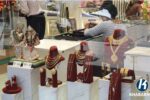
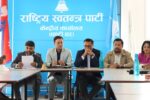
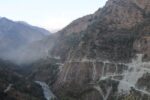
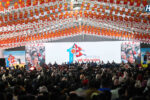
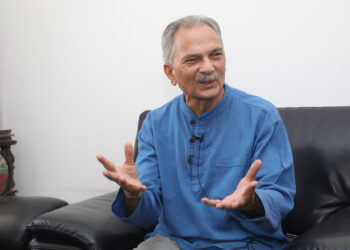

Comment